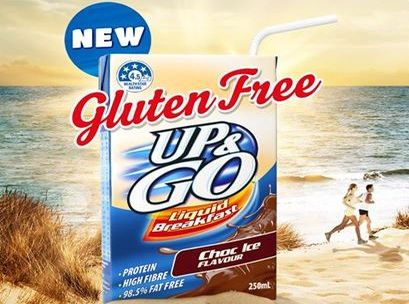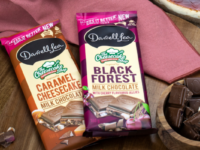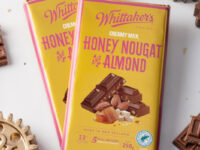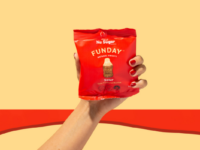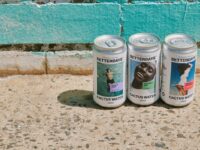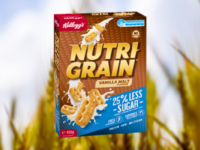Breakfast drinks – not just for breakfast?
Many consider breakfast the most important meal of the day, yet new findings from Roy Morgan Research show 23 per cent of Australians seldom have time for breakfast.
Enter time-saving breakfast drinks such as Up & Go and Nutri-Grain Breakfast Fuel to provide these busy people with the nutrients they need to kick-start their day…well, in theory, at least.
In reality, only 10 per cent of Aussies who ‘seldom have time for breakfast’ consume breakfast drinks in an average week.
In any given week, cereals such as corn flakes and muesli (ie. non-biscuit varieties) are the most widely consumed breakfast choice among both the general population (33 per cent) and among those people who say they seldom have time to eat breakfast (24 per cent).
“Although 23 per cent of the population say they seldom have time for breakfast, Roy Morgan data shows that this doesn’t necessarily mean they never eat it. More than 40 per cent still manage to squeeze in some kind of cereal in an average week and 21 per cent eat porridge – a much greater proportion than those who opt for liquid breakfasts like Up & Go.,” said Norman Morris, industry communications director of Roy Morgan Research.
Although breakfast drink brands have not made huge inroads with time poor Aussies, an interesting corollary emerges an interesting corollary emerges when breakfast-drink consumers are broken down.
Of the total Australians who consume breakfast drinks in an average week, only 38 per cent claim to seldom have time for breakfast. Which raises the question: are so-called breakfast drinks being consumed as ‘non-breakfast’ beverages too?
“Even though these drinks tend to be marketed as a healthy breakfast substitute for people on the go, the majority of people consuming them do have time for breakfast,” Morris explained. “And given the overwhelming popularity of cereal and porridge, it’s fair to conclude that many people are consuming breakfast drinks for ‘non-breakfast’ purposes – as they would, say, a protein drink or an energy drink.”

